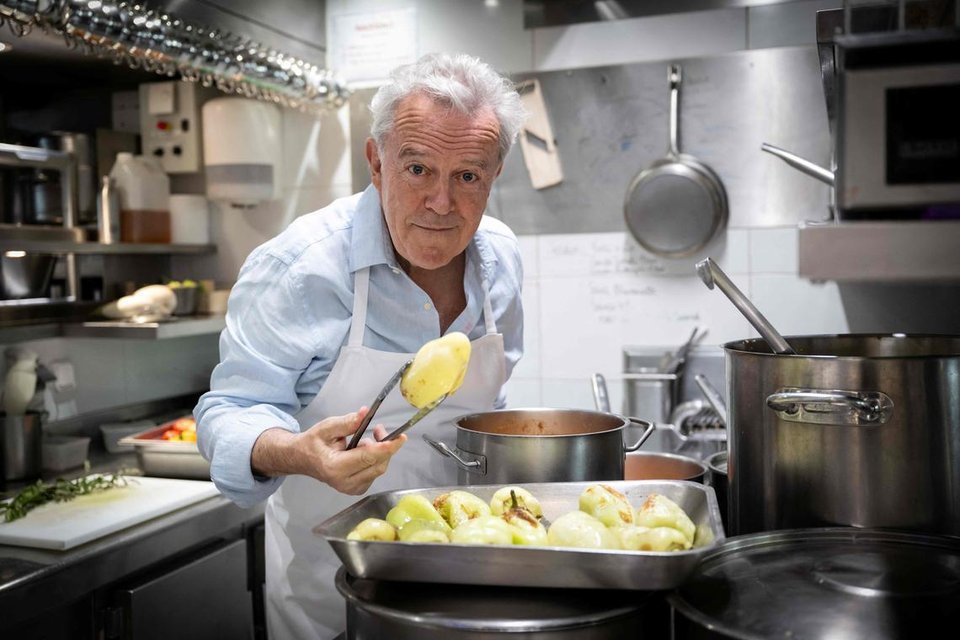Alain Passard, one of France’s most acclaimed chefs, has taken a bold step by transitioning his legendary Paris restaurant, Arpège, to a predominantly plant-based menu. Known for his expert roasting techniques and dishes like chicken cooked in hay, Passard is redefining his legacy by removing nearly all animal products from his cuisine.
The three-Michelin-star chef, who first eliminated red meat from his restaurant in the early 2000s, has now extended this commitment by excluding meat, fish, and dairy from Arpège’s offerings. The only exception is honey, harvested from the restaurant’s own beehives. His decision, he explains, stems from a deep reverence for nature and a desire to further reduce the environmental footprint of his kitchen.
At 68, Passard describes this transformation not just as a change in ingredients but as an evolution in philosophy. He views his current approach as a move toward a more emotional, artistic form of cooking—likening it to painting or haute couture. “Today I’m a different chef,” he said, reflecting on his journey from classic French cuisine to becoming a pioneer of vegetable-led gastronomy.
Arpège now holds the distinction of being the first three-Michelin-star restaurant in France to embrace a plant-based identity. It joins an elite circle of global fine-dining establishments like Eleven Madison Park in New York, which underwent a similar transformation under chef Daniel Humm.
The new Arpège menu celebrates seasonal vegetables with inventive, visually stunning dishes. Among the highlights are a “mosaic” of heirloom tomatoes, flamed aubergine paired with melon confit, and a composition of carrot, shallot, onion, and cabbage. These dishes showcase not just the natural flavor of the ingredients but also Passard’s mastery in elevating humble vegetables into culinary art.
Dining at Arpège remains a luxurious experience: the tasting menu is priced at €420 ($493), with a more accessible lunch option at €260. This shift arrives in a broader cultural context where plant-based eating is gaining traction, including at major global events like the Paris Olympics, where organizers aimed to reduce meat consumption across venues.
Passard’s transformation of Arpège is more than a trend—it signals a lasting change in the philosophy of fine dining, one rooted in sustainability, creativity, and a reverence for the earth.
READ MORE:
